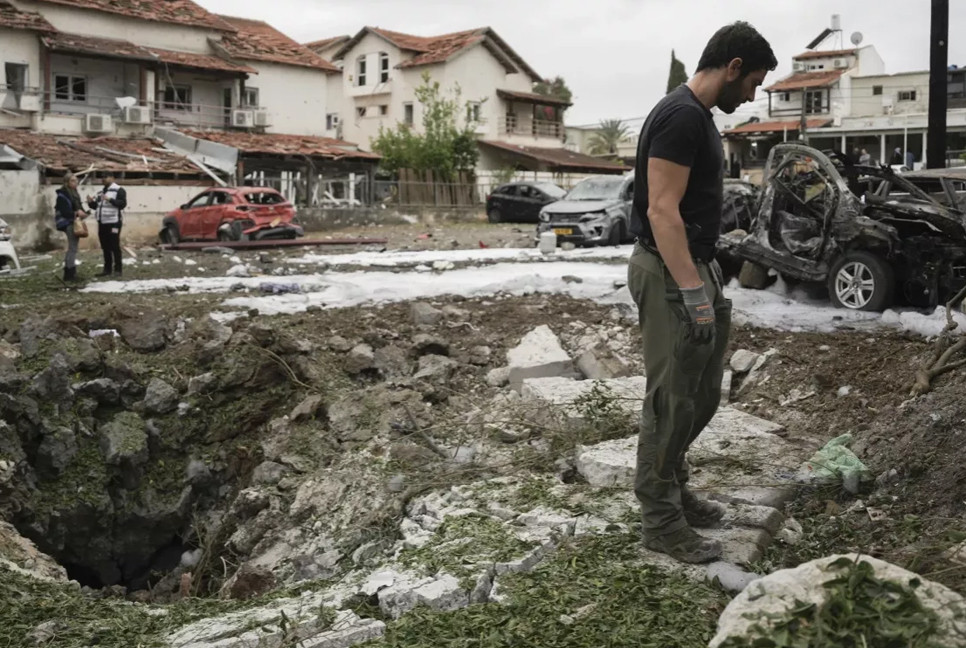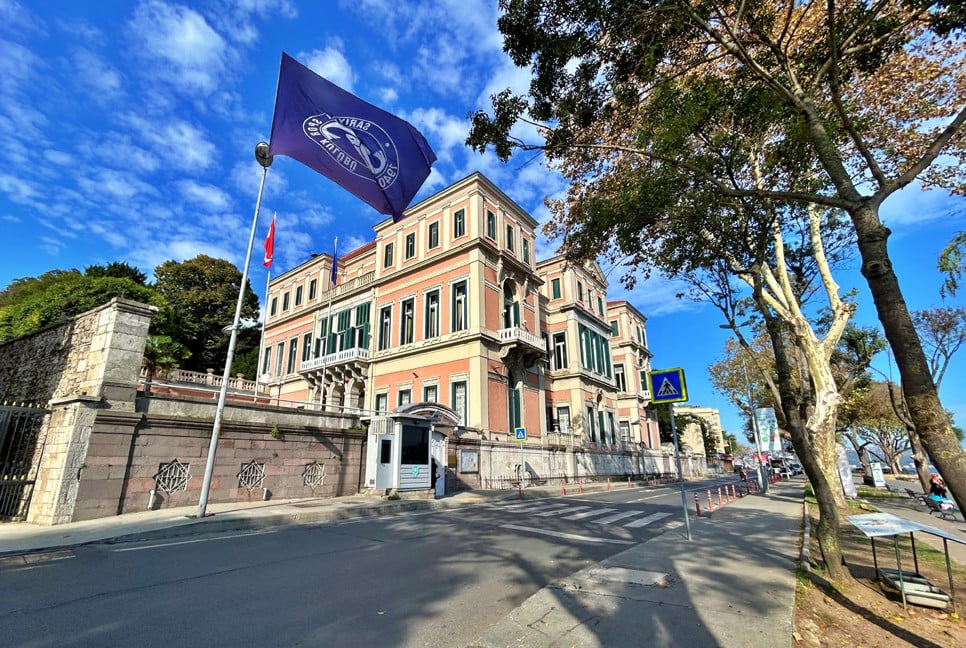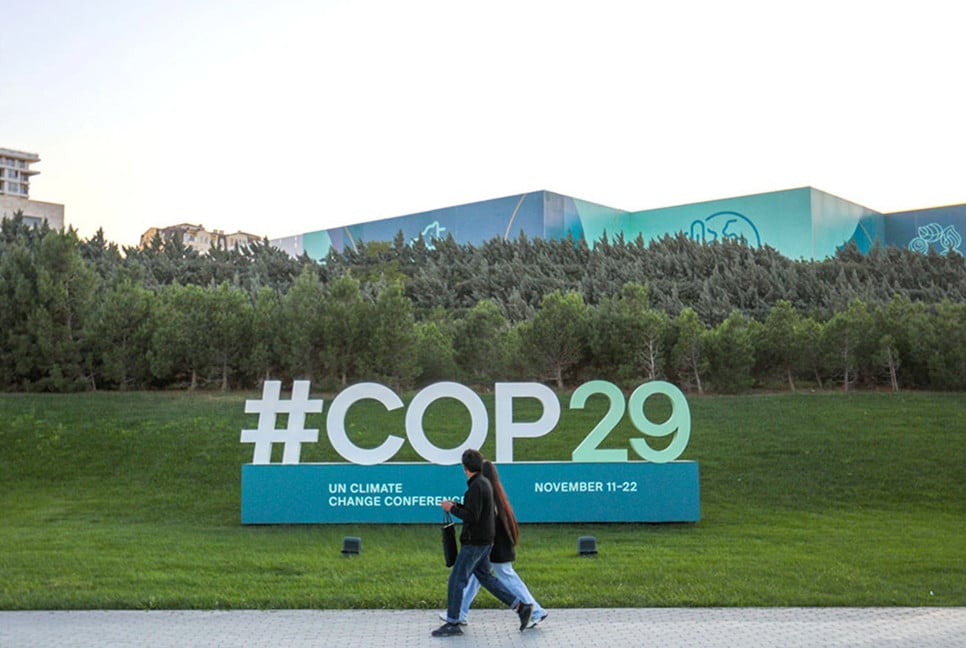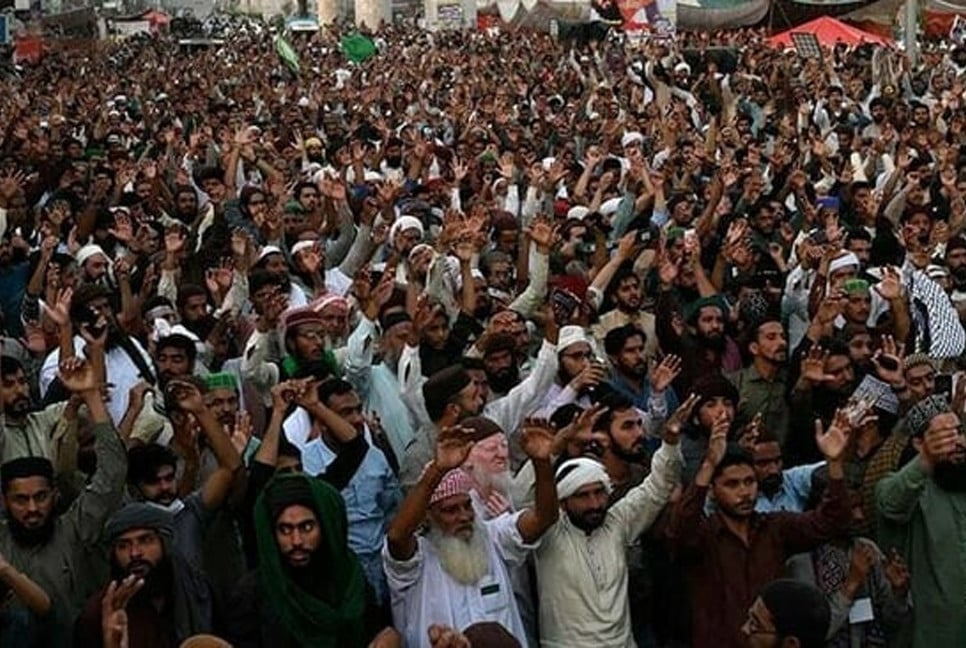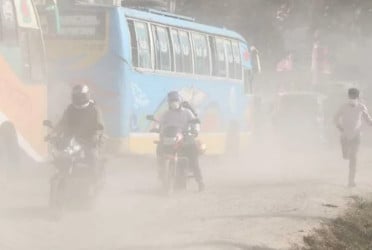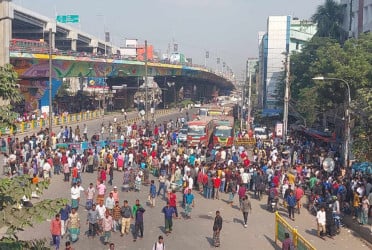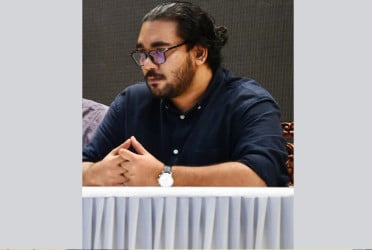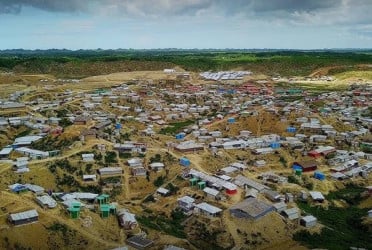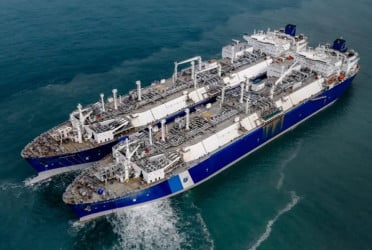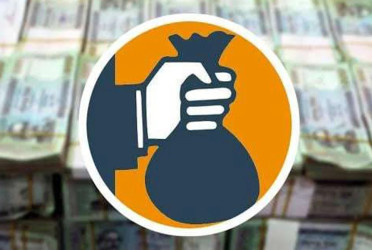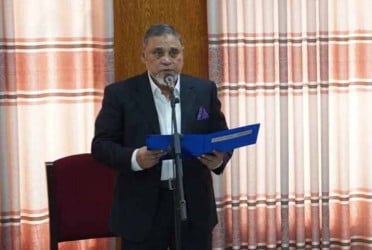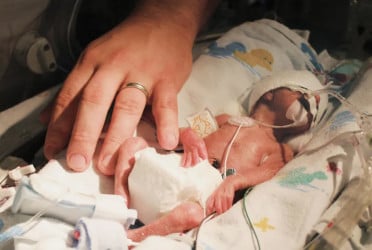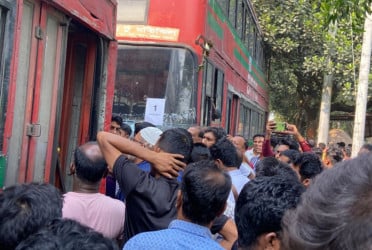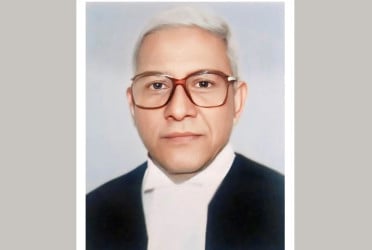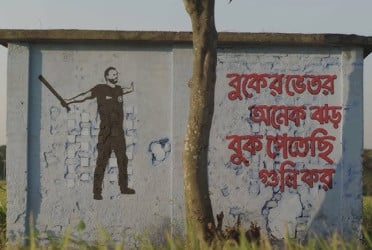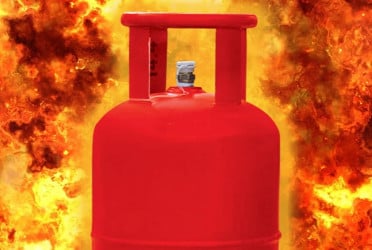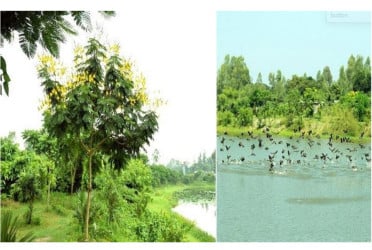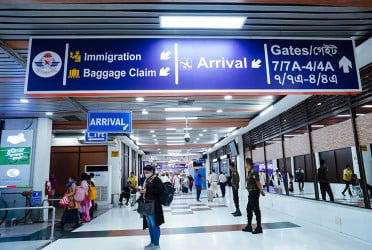When the rain started to get really bad, two residents of Florida Brent Berzett and David Hickmon sought refuge on their houseboat, reports BBC
Their floating home in Hudson, about an hour north of Tampa, certainly wasn't the worst place to wait out Idalia, a major hurricane that made landfall in Florida in the United States on Wednesday morning.
"The wind wasn't too bad," Berzett told the BBC on Wednesday afternoon as they were assessing the damage and mopping up puddles of sea water in their kitchen.
"The carpet's toast. And some of the furniture too," he said.
But they were safe, and their neighbours were OK as well.
Some people weren't so lucky and have lost more as the Category 3 hurricane, with winds up to 125mph (200km/h), barrelled through low-lying towns on Florida's Big Bend, on the state's west coast.
The overall damage is still being assessed, but up and down the coast there is the sense that Idalia could have brought much worse destruction.
By Wednesday night, more than 225,000 people were still without power in Florida, and another 230,000 were in the dark in Georgia.
"I've seen people sit in the dark for months after a hurricane," one linesman in Jacksonville told the BBC.
Up to 40,000 Florida power workers were on standby on Wednesday morning to move in and restore power once the storm passed.
Idalia was downgraded to a tropical storm as it passed through Georgia, though it still brought with it powerful winds and potentially life-threatening weather. Coastal and inland flooding is expected in parts of Georgia, as well as South Carolina and North Carolina, as the storm makes its way along the south-eastern US coast on Thursday.
US President Joe Biden warned on Wednesday that the storm is "still very dangerous".
Multiple Florida counties are still under evacuation orders as of Wednesday evening.
Emergency management officials in Florida said that Perry, a historic town of 7,000 people southeast of Tallahassee, was one of the places that was badly hit.
Bd-pratidin English/Golam Rosul

.jpg)

